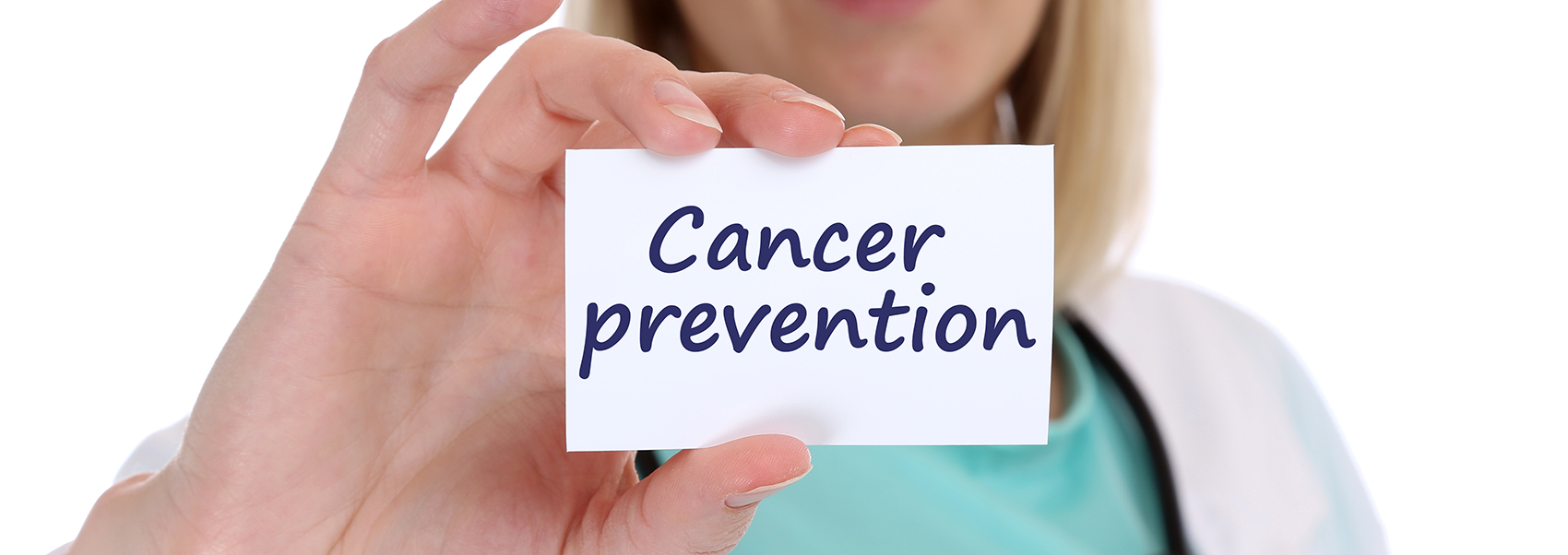
Cancer is when abnormal cells divide in an uncontrolled way. Some cancers may eventually spread into other tissues. Cancer begins with gene changes in a cell or a few cells. These changes in cells can happen over a person’s lifetime. Abnormal cells then divide and multiply in an uncontrolled way over a period of time and this can cause a tumour to form. (For more information on ‘what is cancer?’ click here.)
Everyone has a certain chance of developing cancer, but evidence shows that there are some things that can increase our chances of developing cancer. Age, gender, genes, environment and lifestyle factors can all influence your risk of developing cancer.
Nutrition/Diet
Physical Activity/Exercise
When we think of physical activity/exercise, we tend to think of dedicated exercise time, but general activity level, or how sedentary we are is also important for health and wellbeing. Remember to be active and move more, the more active you are the better you will feel.
Excess body fat
Alcohol
Smoking
Infections
The NHS offers the HPV vaccine to:
– Girls from the age of 12 or 13
– Men who have sex with men.
– Since 2019, the HPV vaccine is also offered to girls and boys from the age of 12 or 13.
(Your GP or local sexual health clinic can give you more information).
Age
Genetics
Sun and UV
REMEMBER Not all cancers are preventable, but some lifestyle changes can help ‘stack your odds’ against developing some cancers.
Don’t smoke/stop smoking
Maintain a healthy amount of body fat/weight
Be physically active
Eat a balanced/nutritious diet, with plenty of wholegrains, fruit and veg.
Limit alcohol intake
Take care in the sun/never use sunbeds
Use vaccinations, where available, e.g. HPV vaccination
For more info on our Health Improvement services, which aim to help you make lifestyle changes, click here.
